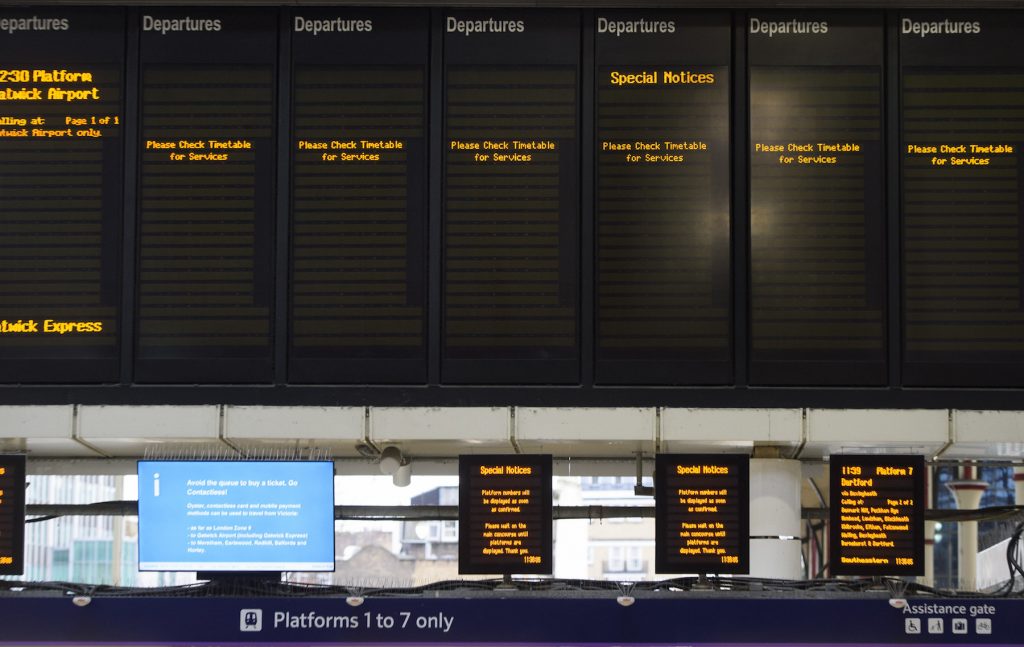In case you missed it, yesterday was 'Meltdown Monday' on the UK railways. New timetables have been brought in, and it's cancellations and delays galore.
What it means: 400 extra trains a day are being added to the railways, creating spaces for 50,000 extra passengers at peak times. That means the "biggest timetable shake-up in decades", which means hundreds of delayed or cancelled trains, which means some very unhappy (not to mention late for work) customers.
So who's to blame? This has obviously kicked off the state-or-private-who's-better debate again: especially as Virgin Trains East Coast was just brought back into public ownership.
The idea of this whole thing had been to capitalise on the £7bn recently invested in Thameslink to make for a more efficient rail system.
Unions say Govia and Arriva, two private firms which operate Southern, Thameslink, Great Northern, and Northern, didn't train their drivers on time to be prepared – which is why their lines were the most affected.
But others blame Network Rail, a publicly funded firm with investment from the Department for Transport, which is responsible for the infrastructure of the railways (private firms run the 'rolling stock', aka the actual trains.)


